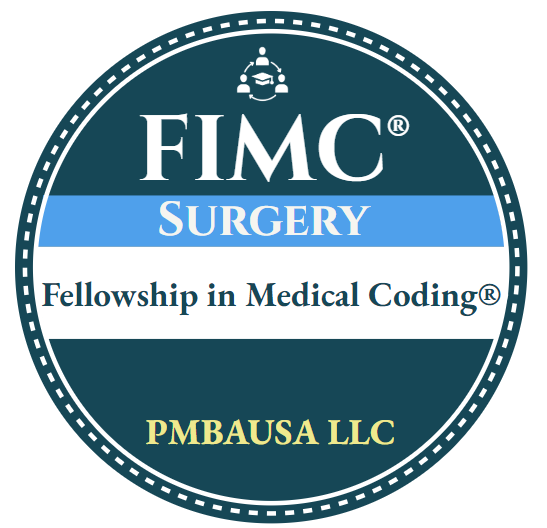FIMC-Surgery : Fellowship in Medical Coding
Welcome to the FIMC-Surgery program, your pathway to becoming a highly skilled and specialized surgery coder. This fellowship is designed to meet the growing demand for expert surgical coders who can navigate the complexities of surgical coding with precision and accuracy.




